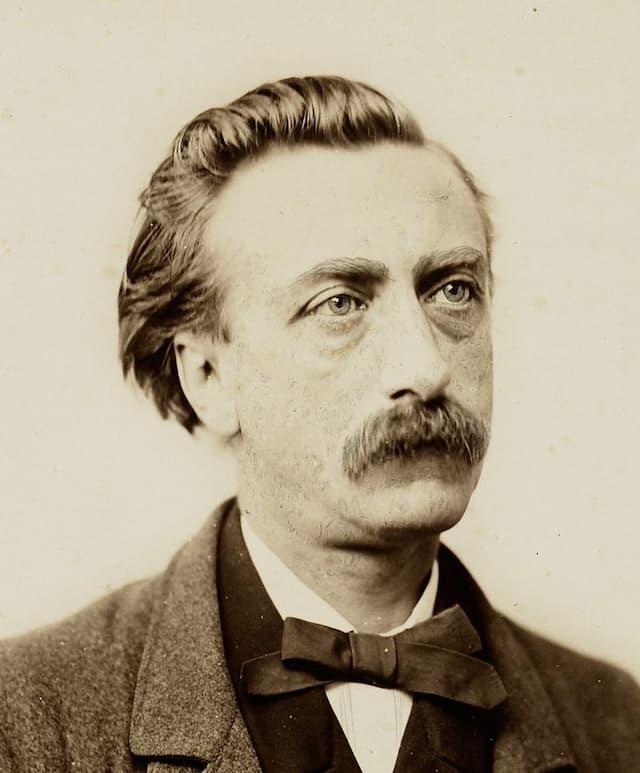Little Walter Pieterse
An imaginative boy growing up in a narrow-minded middle-class household, 'Little Walter Pieterse' is the first psychologically complex child protagonist in Dutch literature. The boy wants to meet the expectations of the people around him, but they make demands he can’t fulfil.

It becomes clear Walter is an artist in the making, struggling to rise above his origins. He would like to learn, but his teacher is interested only in classification. He wants to be a true Christian, but his pastor can’t explain the Bible. An adventure novel sets his imagination ablaze and inspires him to write stories of his own, an activity utterly foreign to his milieu.
Multatuli shows how stifling an unimaginative environment can be. The message of the story is diametrically opposed to that of most nineteenth-century children’s books. The author questions received wisdom, pokes fun at religion and urges his readers not to bow to the wishes of their families or any other type of community.
When Sigmund Freud was asked to name his favourite books he put Multatuli’s Letters and Works at the top of his list.
In 2007, Little Walter Pieterse was made into a successful, large-format graphic novel by cartoonist Jan Kruis.
If it weren’t for Multatuli, literature would simply be something not done in the Netherlands, like deep-sea fishing in the Alps or coffee-growing in Newfoundland. Max Havelaar is his most famous book by far, but I personally think some parts of Little Walter Pieterse are far more beautiful – much better written too, and it’s a better constructed book.
Willem Frederik Hermans
Multatuli’s style is breathtaking. In the early chapters, the reader is swept from one surprise to the next. Multatuli once said he wanted to write like a god and a devil, but he writes about Wouter Pieterse like a man, like a father.’
Ivo de Wijs
